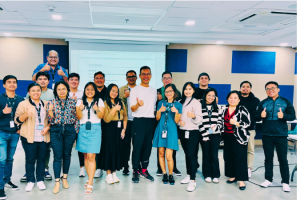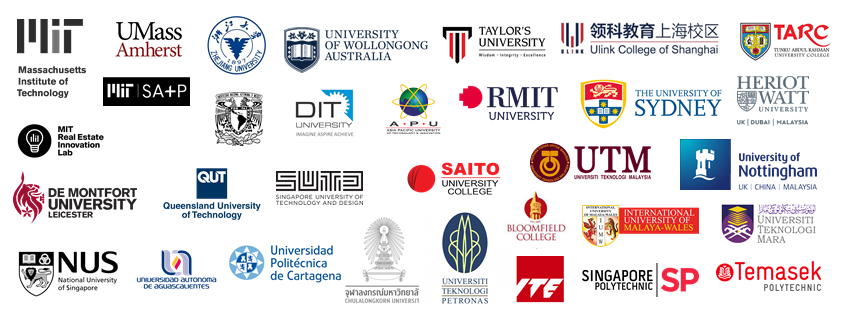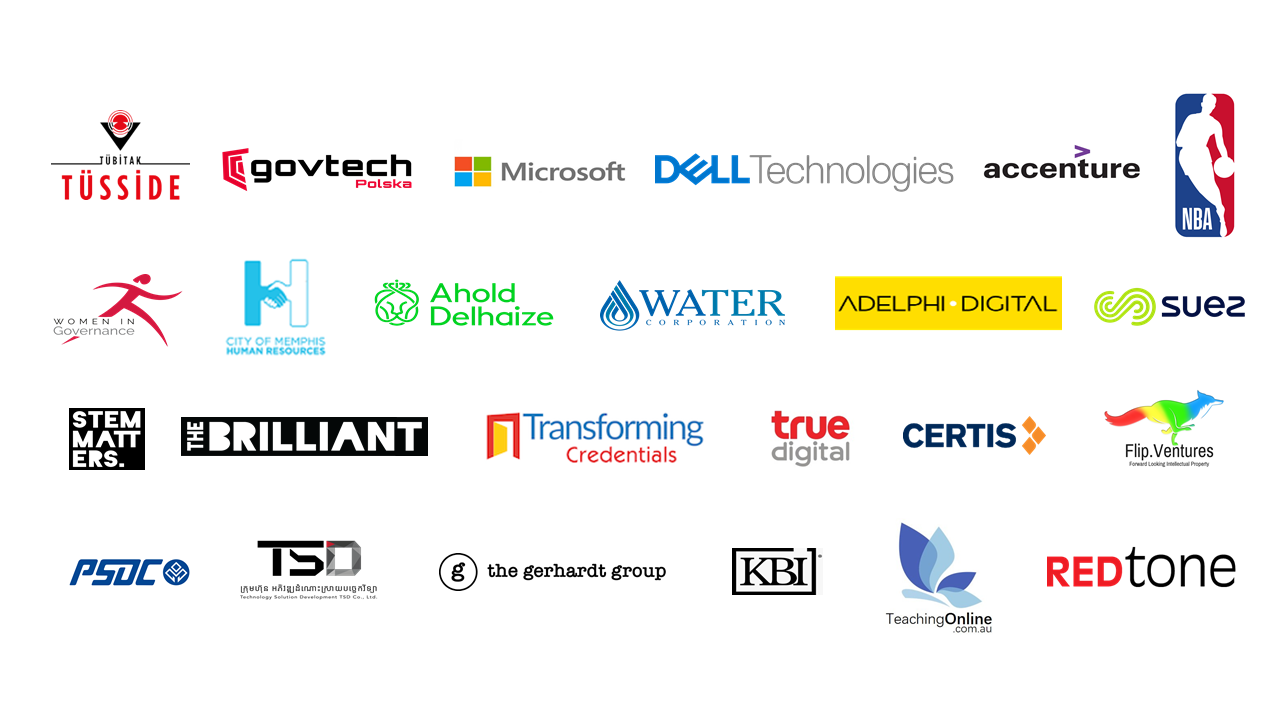
Safeguarding Humanity by Engaging in Responsible AI Development Practices

While the potential benefits are immense, so are the ethical, social, and safety challenges that AI presents. To ensure that AI serves the best interests of humanity, responsible AI development practices must take center stage.
At the heart of responsible AI development is the commitment to fairness and equity. Developers must be vigilant in identifying and mitigating biases that can inadvertently creep into AI algorithms, whether they stem from historical data or unintentional algorithmic design. Efforts to achieve fairness should be transparent, and developers should be held accountable for addressing any disparities in AI outcomes.
Privacy is another critical facet of responsible AI development. Protecting individuals’ personal data is not just a legal requirement but a moral obligation. Developers must implement stringent data protection measures, including anonymization and encryption, and adhere to privacy regulations to safeguard user information. Users should feel confident that their data is handled with care and respect.
Safety is paramount when AI systems interact with the physical world. Autonomous vehicles, industrial robots, and other AI-driven technologies must undergo rigorous testing and adhere to safety standards to prevent accidents or harm to humans. In high-risk domains like healthcare, ethical considerations should guide AI recommendations, with human oversight to ensure patient well-being.
Responsible AI development also entails transparent communication and user consent. Individuals should be informed about how AI systems use their data and the extent of AI autonomy in decision-making. User-friendly interfaces that allow individuals to understand and control AI-driven services are essential for maintaining user agency.
Moreover, collaboration between tech companies, policymakers, and civil society is vital for creating a regulatory framework that upholds ethical standards in AI development. Policymakers must craft governance policies that strike a balance between innovation and safeguards for individuals and society. Public input and engagement are crucial to ensure that AI technologies align with societal values.
Responsible AI development is an ongoing commitment. Developers should continuously assess the societal impact of their AI systems and be prepared to make necessary adjustments. Open dialogue, transparency, and accountability should be woven into the fabric of AI development practices.
Responsible AI development is an ongoing commitment. Developers should continuously assess the societal impact of their AI systems and be prepared to make necessary adjustments. Open dialogue, transparency, and accountability should be woven into the fabric of AI development practices.
 |
Learn Artificial IntelligenceCASUGOL, a leading training provider, offers a structured curriculum that equips learners with the knowledge and skills to navigate the intricacies of AI. Through expert-led courses, participants delve into topics such as machine learning, neural networks, natural language processing, and more. Hands-on exercises and real-world applications enhance understanding, empowering individuals to harness AI’s transformative potential.
All Casugol courses involve extensive hands-on exercises / practical, rigorous usage of real-time case studies, hands-on exercises and group discussion |
Discover More
Discover more articles on Artificial Intelligence.
- The Negative Impact of Generative AI on Human Intelligence

- Safeguarding Humanity by Engaging in Responsible AI Development Practices

- The Uncharted Territory of Emotional of Artificial Intelligence

- Artificial Intelligence (AI) in Precision Farming

- Generative AI needs Governance to Achieve Consistent Results

We want to make sure you feel great about starting your learning journey with us.
Chat with an Education Officer





